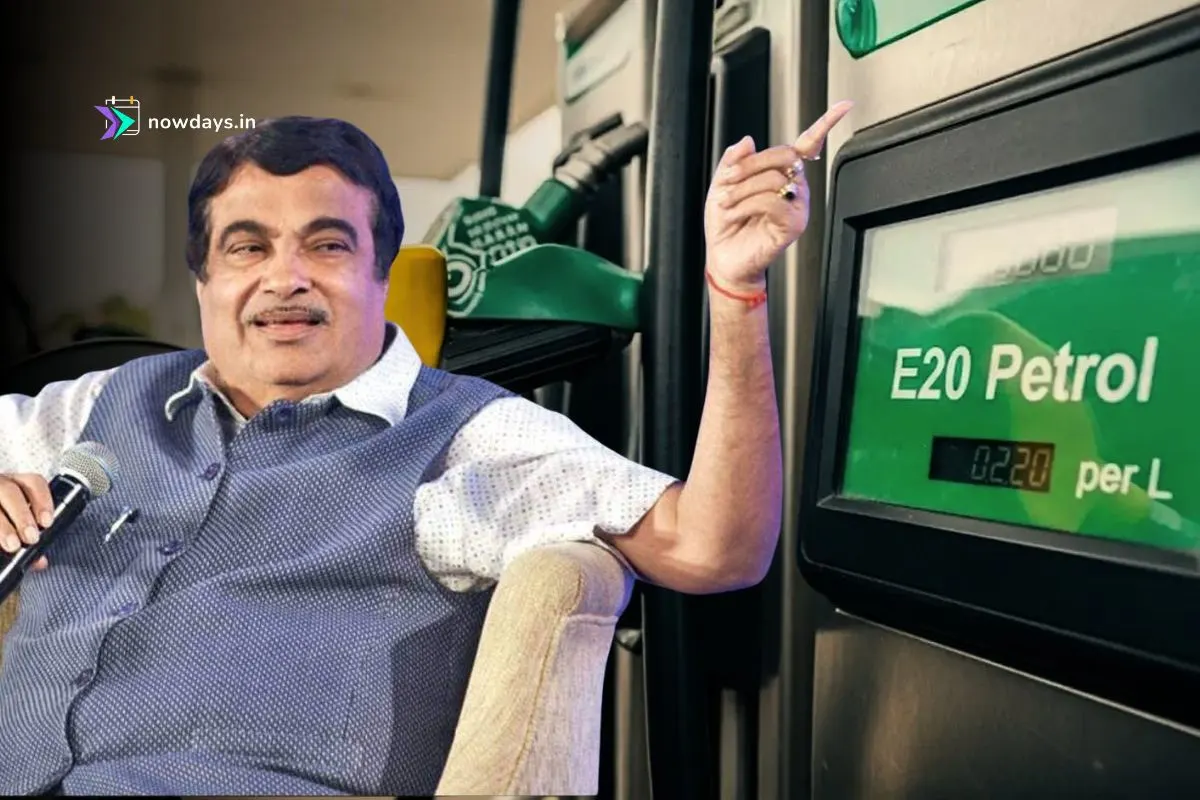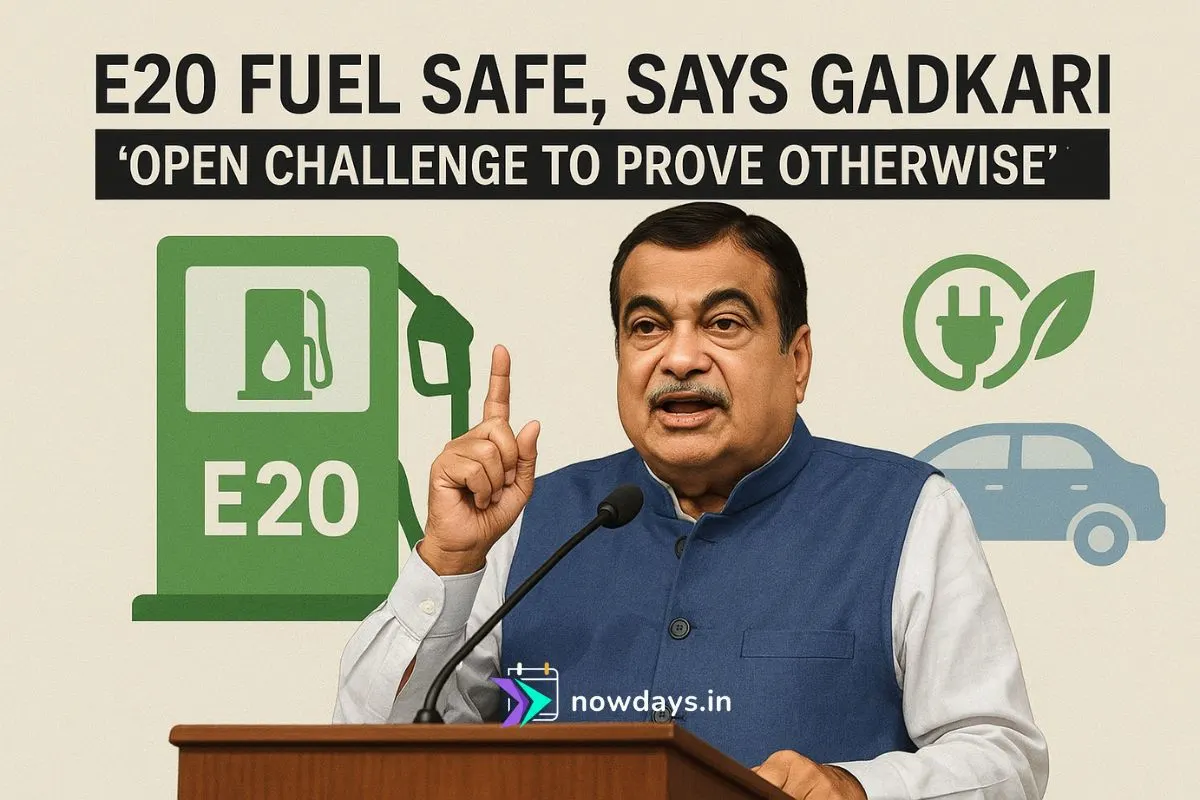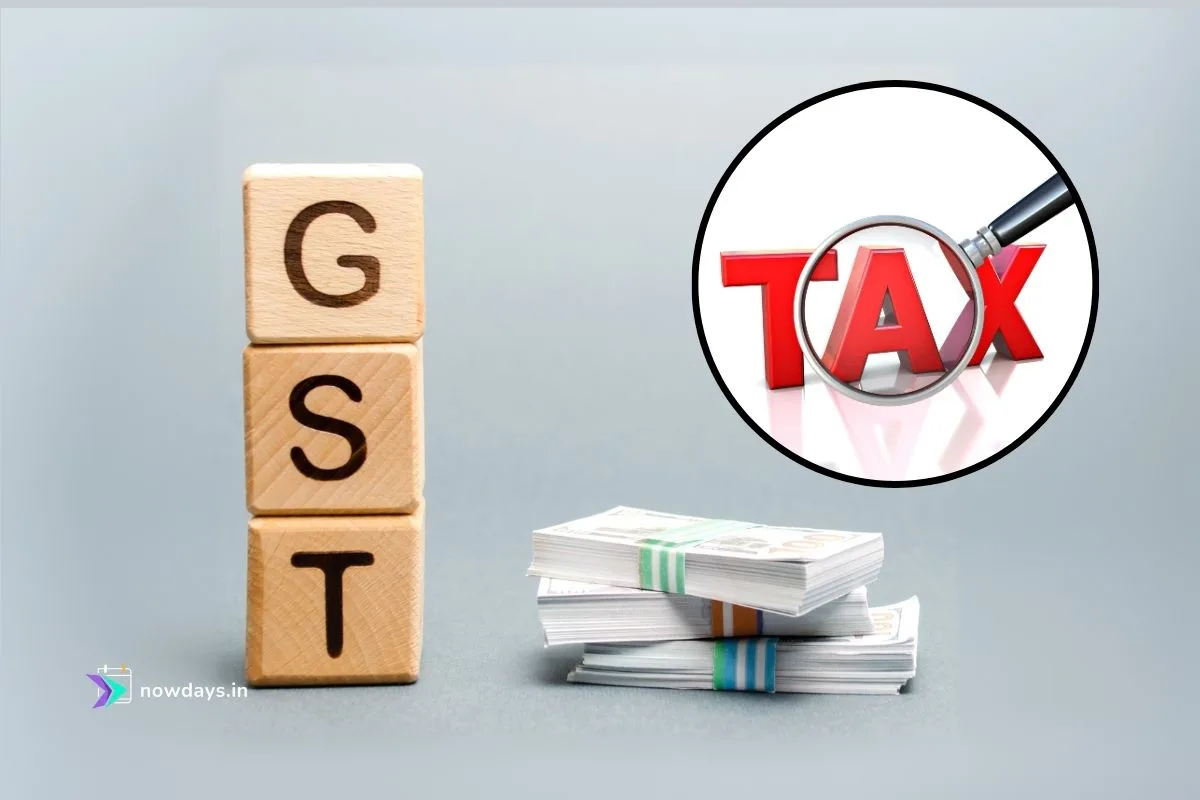As India’s push for ethanol-blended fuel accelerates, everyday drivers are voicing growing frustration over reduced mileage and potential vehicle damage from E20 petrol, yet Union Minister Nitin Gadkari has largely sidestepped direct engagement with these concerns, focusing instead on the program’s broader benefits. The controversy highlights a disconnect between policy ambitions and ground-level realities, with consumers bearing the brunt while official responses emphasize environmental and economic gains.
Rising Complaints from Vehicle Owners
Across social media and consumer forums, motorists report a noticeable dip in fuel efficiency since the nationwide rollout of E20—a blend of 80% petrol and 20% ethanol—in early 2025. Users in urban centers like Bengaluru describe a 1-2 km per liter drop, translating to a 10% reduction in tank range for some, alongside issues like engine jerks and increased maintenance needs. One Bengaluru resident shared in a Deccan Herald interview that their car’s mileage fell from 15 km/l to 13 km/l, forcing more frequent refills and raising monthly costs by hundreds of rupees.
Rural drivers echo similar woes, with older vehicles—those predating April 2023—showing signs of wear due to ethanol’s corrosive properties on incompatible parts like rubber gaskets and fuel pumps. A LocalCircles survey revealed that two-thirds of petrol vehicle owners oppose the E20 mandate, citing efficiency losses and lack of fuel options. Without access to E10 or pure petrol, many feel trapped in a system that prioritizes blending targets over consumer choice.
Gadkari’s Stance: Benefits Over Backlash
Despite the outcry, Road Transport Minister Nitin Gadkari has defended E20 as a “fuel of the future,” highlighting its role in cutting emissions by up to 30% compared to E10 and boosting farmer incomes through ethanol production. At a recent summit, he challenged critics to provide evidence of vehicle damage, attributing complaints to “petroleum lobby manipulation” and dismissing mileage concerns as minor—1-2% in tuned engines and up to 6% in older models. He emphasized that proper tuning and part replacements could mitigate issues, backed by tests from ARAI and SIAM.
However, Gadkari’s responses have been sparse on addressing specific grievances, leading to accusations of indifference. In a Ministry of Petroleum statement, officials reiterated that no “statistically significant” problems have surfaced in extensive trials, urging owners to consult manufacturers for optimizations. Critics argue this overlooks real-world experiences, where mechanics report ethanol-induced corrosion in non-compliant vehicles.
Expert Views: Weighing Pros and Cons
Analysts are divided on the E20 rollout. Environmental experts praise it for reducing India’s oil import bill—saving over Rs 1.44 lakh crore in the past decade—and curbing CO2 emissions equivalent to planting 30 crore trees. A NITI Aayog committee report supports this, noting ethanol’s higher octane improves acceleration and ride quality in modern engines.
However, automotive specialists warn of risks. In a YouTube video by The DeshBhakt, an expert explained that ethanol’s lower energy content inherently reduces mileage, while its affinity for water can cause corrosion in older fuel systems, shortening engine life. “This is a rushed transition without adequate consumer education,” the analyst said, echoing sentiments in an Autocar India report that pre-2023 vehicles aren’t fully compatible, leading to potential breakdowns.
Policy observers, like those in an Indian Express analysis, suggest the government’s silence stems from a commitment to 2030 blending goals, prioritizing energy security and rural economies over short-term complaints. They note Brazil’s success with flex-fuel vehicles, where cheaper blended options offset efficiency losses, a model India could adopt.
Analyzing the Ground Realities
The E20 mandate, achieved five years early, delivers undeniable wins: forex savings, lower emissions, and farmer payouts exceeding Rs 40,000 crore annually. Yet, for common people, the hidden costs—higher fuel bills from reduced efficiency and potential repairs—add financial strain. Surveys show 66% opposition, with many demanding choices like E5 or E10 at discounted rates.
Gadkari’s muted response risks eroding public trust, especially as social media amplifies anecdotes of vehicle issues. Experts recommend transparent labeling at pumps, subsidies for compatible upgrades, and awareness campaigns to bridge the gap. Without these, the program could face sustained resistance, undermining its goals.
As India balances green ambitions with consumer needs, addressing these struggles head-on will be key. For now, drivers continue to adapt, but calls for accountability grow louder amid the minister’s relative silence.











1 thought on “Minister Gadkari Defends E20 Petrol, Challenges Critics”